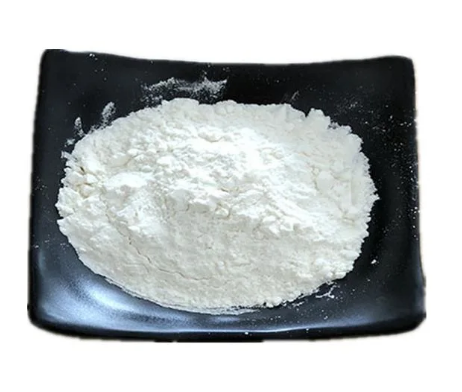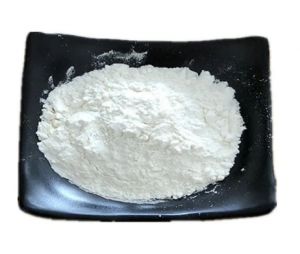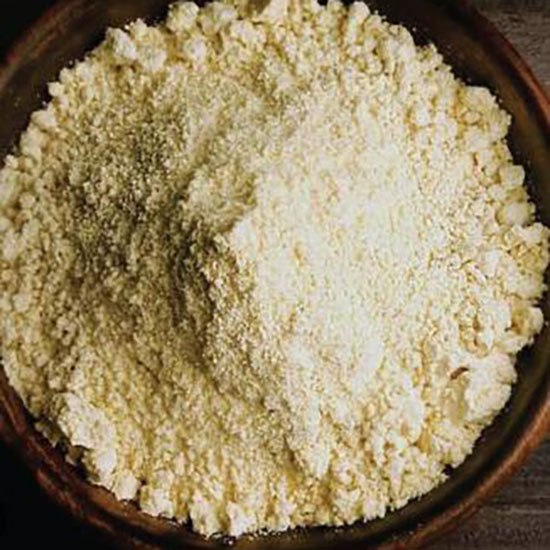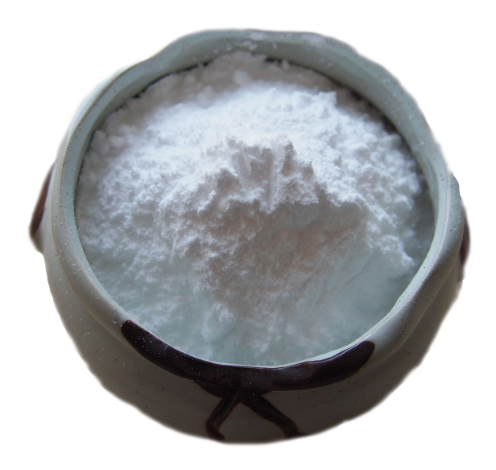Capsaicin CAS:404-86-4 Manufacturer Price
Increased feed consumption: Capsaicin stimulates the taste buds and saliva production, leading to an increased appetite in animals. This can be especially beneficial for animals at early stages of growth or during periods of poor feed intake.
Improved feed conversion: By increasing feed intake, capsaicin feed grade can help improve feed conversion ratio (FCR), which is the amount of feed required to produce a unit of animal weight gain. A lower FCR indicates more efficient use of feed, leading to improved growth and profitability.
Gut health support: Capsaicin has been reported to possess antimicrobial properties, which can help reduce the growth of harmful bacteria in the animal gut. It also has anti-inflammatory properties that may help alleviate gut inflammation and promote overall gut health.
Stress reduction: Capsaicin feed grade has been shown to have a calming effect on animals, particularly in poultry and pigs. This can help reduce stress-related issues such as decreased appetite, digestive disorders, and poor performance.
Natural alternative to antibiotics: With the increasing demand for antibiotic-free animal production, capsaicin feed grade offers a natural alternative to antibiotics. Its antimicrobial properties can help inhibit the growth of pathogens and reduce the need for conventional antibiotic use.
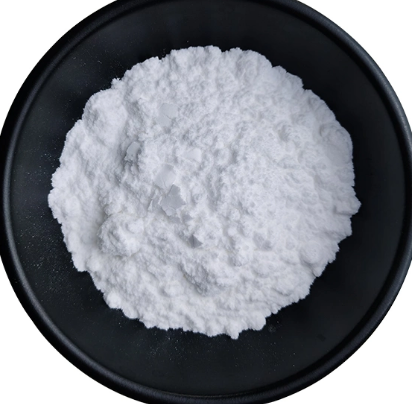
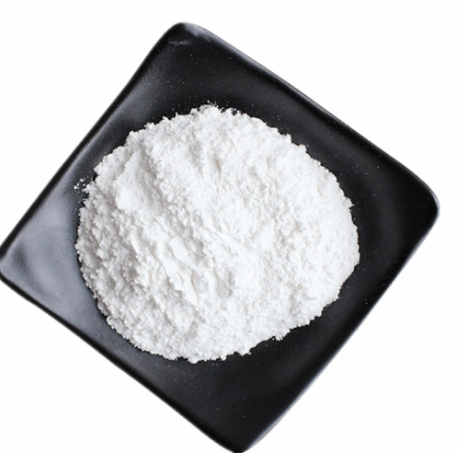
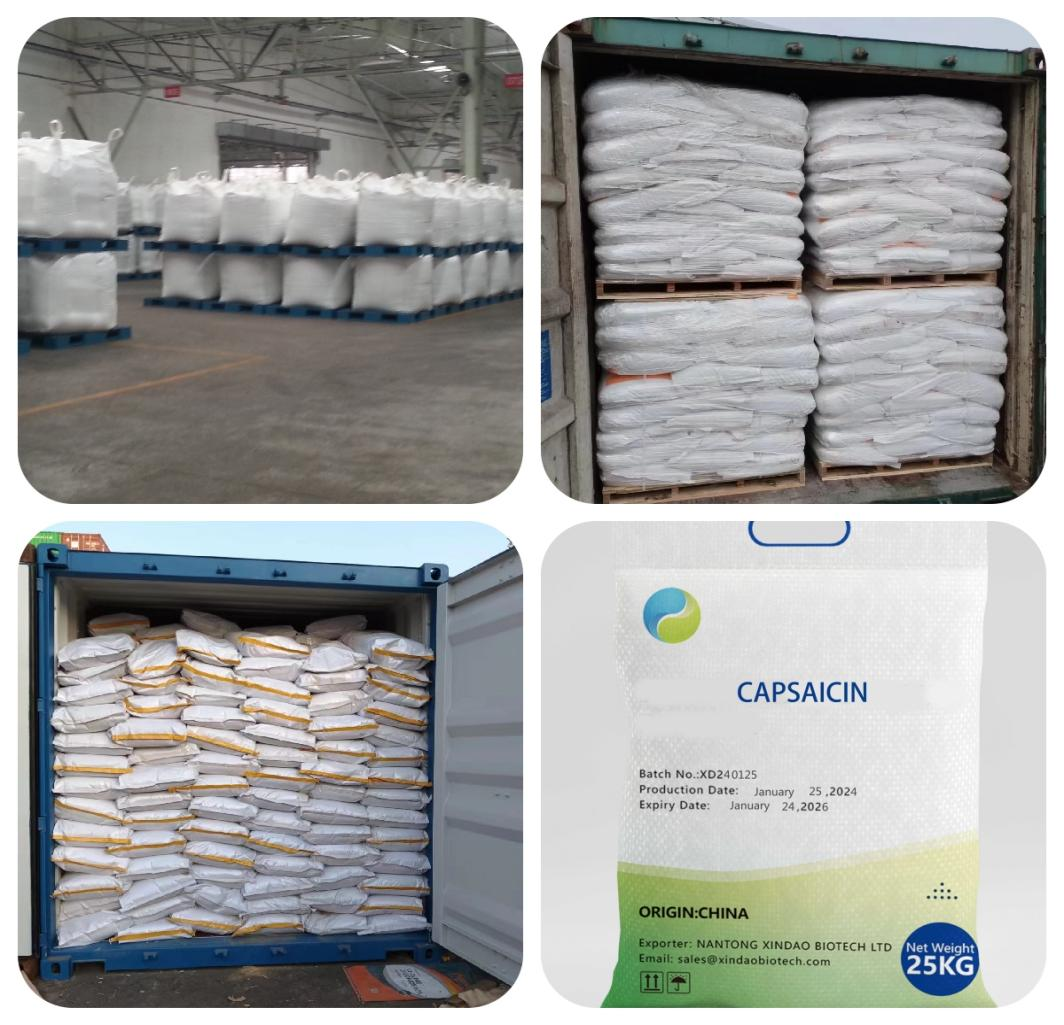
| Composition | C18H27NO3 |
| Assay | 99% |
| Appearance | White powder |
| CAS No. | C18H27NO3 |
| Packing | 25KG 1000KG |
| Shelf Life | 2 years |
| Storage | Store in cool and dry area |
| Certification | ISO. |


